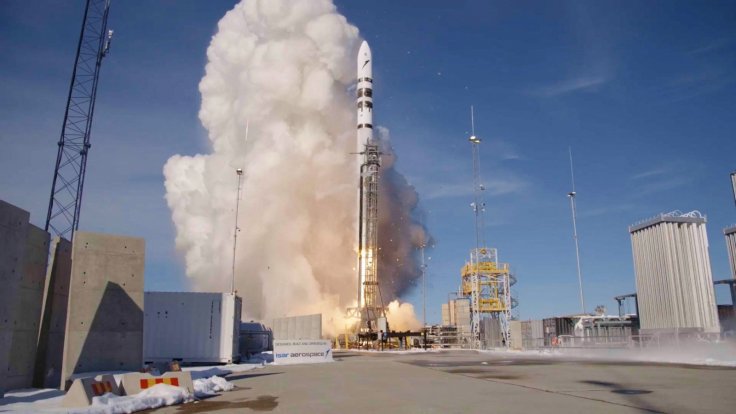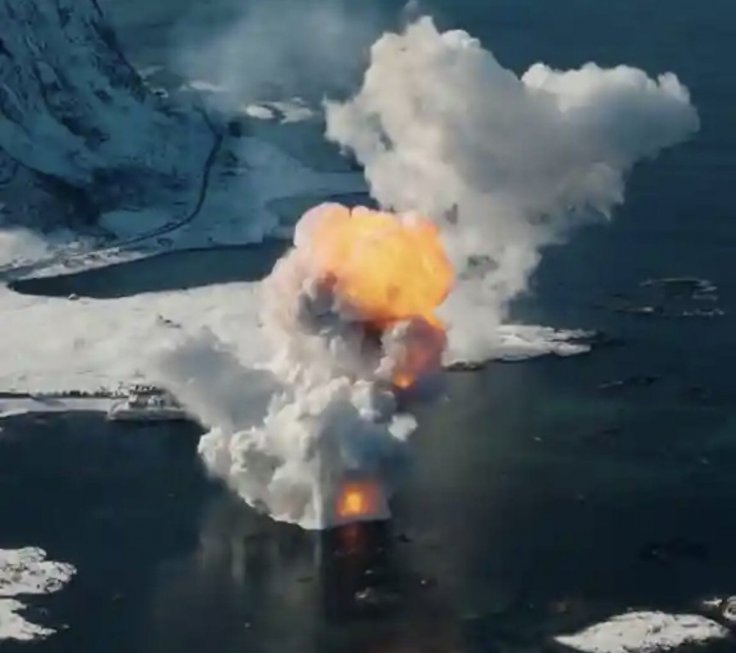A German startup, Isar Aerospace faced harsh reality when a test rocket designed by the firm to launch satellites from Europe exploded just 40 seconds after takeoff from Norway's Andoya Spaceport on Sunday. The uncrewed Spectrum rocket took off successfully but soon started smoking before crashing back to Earth in a powerful explosion. Despite the failure, the company called the mission a success. This was the first time, a private company from Europe attempted an orbital launch.

"Our first test flight met all our expectations, achieving great success," said Daniel Metzler, CEO and co-founder of Isar Aerospace. He emphasized that the launch provided valuable data, including the validation of the Flight Termination System. The two-stage rocket fell into the sea, and the company confirmed that the launch pad remained intact.
The Spectrum rocket was an orbital launch vehicle, designed to carry payloads like satellites into Earth's orbit. This launch marked the first attempt of such a vehicle from mainland Europe, excluding Russia, and was primarily financed by the private sector. The test had already faced multiple delays due to unfavorable weather conditions.

Before the launch, Isar Aerospace had downplayed expectations, stating that reaching orbit was not the goal. "Every second we fly is good because we collect data and experience," Metzler said. The company emphasized that no firm has successfully launched its first orbital vehicle on the initial attempt.
At 92 feet tall, the two-stage Spectrum rocket was built for launching small to medium-sized satellites of up to one metric ton. However, for this test, it carried no payload. Isar Aerospace operates independently from the European Space Agency (ESA), which has been launching satellites for years, mainly from French Guiana and Florida's Cape Canaveral.
Europe has been working to strengthen its position in the space industry. In 2023, billionaire Richard Branson's Virgin Orbit attempted an orbital launch from southwest England using a Boeing 747, but the mission failed, leading the company to shut down. Norway's Andoya Spaceport, along with other European launch sites in Sweden and the UK, aims to reduce dependence on non-European launch providers.
The satellite launch industry is currently dominated by global players such as Elon Musk's SpaceX, which launches from the United States, and France's ArianeGroup, which operates from South America. SpaceX also runs Starlink, a satellite-based internet service.
Germany's BDLI aerospace industries association welcomed Isar Aerospace's attempt, despite the failure. "Europe urgently needs to ensure its sovereignty in space. Elon Musk's Starlink is not without alternatives—nor should it be," said BDLI Managing Director Marie-Christine von Hahn.
The failure of Spectrum's first launch does not mean the end of Europe's ambitions. The test provided valuable technical insights that could improve future launches. Sweden's Esrange launch site and the UK's SaxaVord Spaceport in the Shetland Islands are also developing their own satellite launch capabilities.
SaxaVord faced a setback in 2023 when a rocket engine exploded during testing. However, the site is planning its first satellite launch in the third quarter of 2025. Esrange is also preparing for its inaugural launch this year. These efforts highlight Europe's determination to become a key player in commercial spaceflight.
Sunday's test mission was intended to evaluate all systems developed by Isar Aerospace. The data collected will be used to refine the company's launch vehicle technology. Despite the early explosion, the company remains optimistic about future launches.
While Spectrum's failure was a disappointment, it represents an important step toward establishing independent European access to space. The lessons learned from this attempt will shape future efforts to develop a competitive commercial space industry in Europe.









